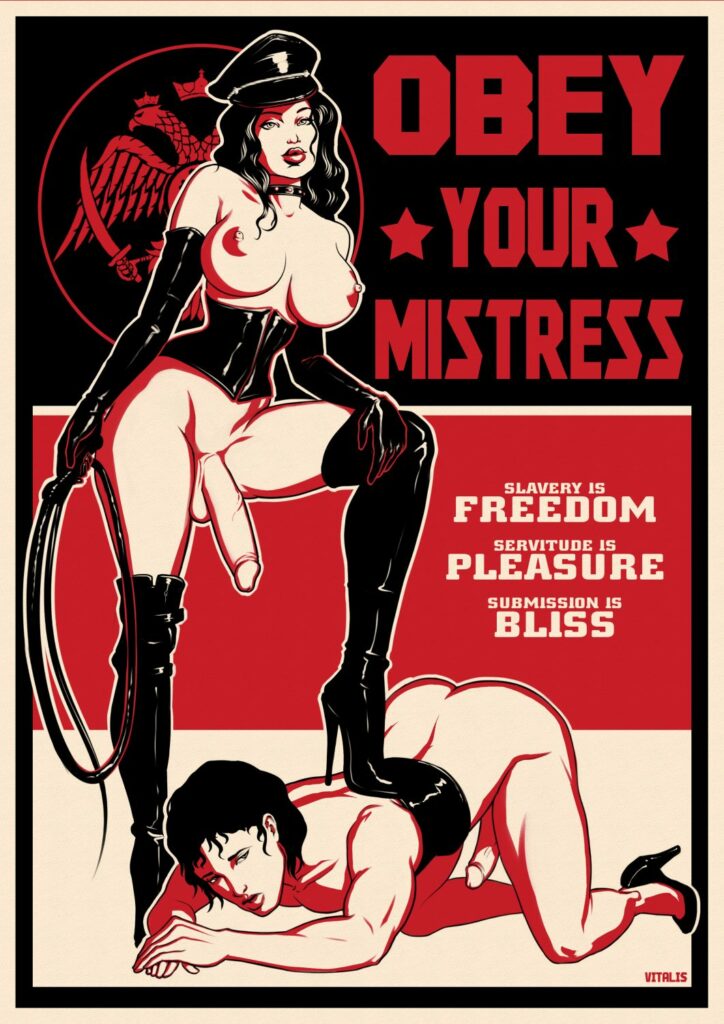Written by Otaku Apologist
In the ideal world, there would be no censorship. In the ideal world, your consent is asked for everything.
The problem is, a community without censorship is like a nation without borders. An idea whose existence is not guaranteed with physical force, will eventually get killed.
Censorship, cancelling what’s below the acceptable line is integral to the formulation of any brand, company, organization, or community. Without ideals, values and standards, there is only chaos. Cutoff points are part of standardization.
When one man’s view of the world is forced on society, that’s wrong. When you’re coerced to play along with everyone else’s delusions, that’s violence to your mind. It must be voluntary to participate in a group, or culture, or fad. This is where persuasion comes in, and it must be done effectively, to get results.
Censorship exists, because communities seize to exist unless people can decide who gets in and who stays out, which ideas are amplified and which are discouraged. Cutoff points must be up for open conversation – this is free speech.

In order to know which ideas are good and bad, you’ll want to expose yourself voluntarily to propaganda on a wide spectrum of ideas. Because what is propaganda if not effective persuasive argumentation of ideas?
The closer the ideas and values being argued are to reality, the better community you got. Free speech allows us to form better communities, because it helps us understand the world better and set sensible cutoff points.
You’re rarely going to change people’s minds with rational arguments alone, because we’re not entirely rational beings. Intuition helps us navigate a complex life, and intuition is grounded in personal experiences.
The value of learning how to lie is that it makes you more effective at telling the truth. Because intuition is what you’re up against when making an argument. You must navigate the personal emotions.
Without deep knowledge of someone’s lived experience, you’re unlikely to succeed in persuasion attempts. Because you’ll be saying things wrong, despite picking accurate words to convey information. You need more than that.
While it feels wrong, manipulation, affecting people’s emotions, plays a key role in friendships, romantic relations, and the organization of socially cohesive units with a common goal. Relations are preserved by staying your tongue. Meanwhile, every company has in-house propaganda, every nation, religion and group.
If you’re limiting exposure to media that you consider propaganda, you’re boxing in your mind. You’ll be blind to the persuasion elements of the media you’re consuming and the manipulations of people around you. Because their messaging fits your biases, you throw away intellectual scrutiny.
When you consume a wide spectrum of media, you can become increasingly able to distinguish when someone is trying to influence you. And you can judge their words on the backdrop of what you know. Research their point of view. Being mentally equipped to spot manipulation, and to use it yourself, makes you socially self-reliant.
Studying propaganda tactics and the facts on which certain propaganda is based upon broadens your perspective. Instead of shutting your mind to protect ideas you love, let people say things that piss you off. Think about why you have these reactions. There’s a chance you’ve just been told something new.
I conclude, free speech is a conversation. It’s a discussion on what is true, on what is false, on what is socially acceptable to be said and where the limits go.
Also read why good fiction is a debate, not a soap box.

